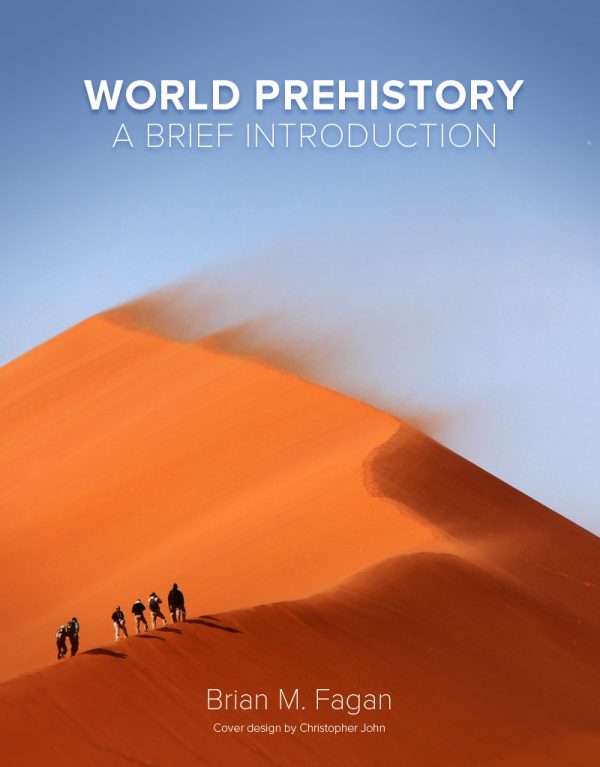Business Calculus
This 5 credit course provides an interdisciplinary introduction to the core concepts of calculus with a primary focus on applications from disciplines of economics and the social sciences. The content is applications in differential, integral and multivariable calculus with an introduction to The Fundamental Theorem of Calculus. Learners will continue to refine their independent study skills, cooperative problem solving, logically correct and mathematically precise writing and thinking, and their ability to use geometric, symbolic and analytic formats in presenting solutions to both abstract and real world applications.
Introduction to Algebra
This course reviews arithmetic skills and introduces algebraic notation, rules and concepts. Students explore linear relationships, with an emphasis on graphing and modeling data. Simplifying expressions and solving basic equations are also discussed. Learning to study math successfully, gaining confidence in approach and accuracy, and using a variety of ways of thinking about a single situation are outcomes for learners who take this course. Applications to real life are emphasized.
English Composition II
Students learn how to develop a research process that includes creating topics and questions, searching for and evaluating a variety of sources, and synthesizing and incorporating those sources to compose original texts.
English Composition I
This course helps students learn how to make judgments and decisions about their own and others’ communication, especially in college writing. They will practice various modes of reading, developing strategies for interpreting, responding to, and making use of a wide array of texts in their own writing. They will develop and document a personalized process to compose texts that demonstrate an understanding of purpose and audience, are thoughtfully organized, achieve appropriate levels of correctness, and are crafted with specified purposes for identified audiences. This class is organized around a theme chosen by the instructor.
World Prehistory: A Brief Introduction
Written by one of the leading archaeological writers in the world -― in a simple, jargon-free narrative style ―- this brief, well-illustrated account of the major developments in the human past makes world prehistory uniquely accessible to complete beginners.
Written by Brian Fagan, World Prehistory covers the entire world, not just the Americas or Europe, and places major emphasis on both theories and the latest archaeological and multidisciplinary approaches. His focus is on four major developments in world prehistory: 1) The origins of humanity. 2) The appearance and spread of modern humans before and during the late Ice Age- including the first settlement of the Americas. 3) The beginnings of food production. 4) The rise of the first civilizations.
World Prehistory
This survey course introduces students to the origins of human diversity by tracing the origins of humanity and material culture from its ancient beginnings to the first literate societies. Through readings, videos, the Internet, and other materials, students will journey to Africa, Mesopotamia, Asia, India, Europe and the Americas as they learn about human adaptations to both the natural and cultural environments. This course may involve a service learning project.

